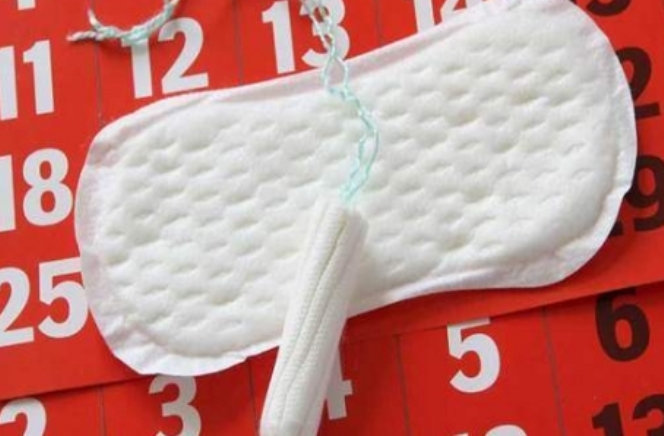National Treasury says making sanity towels vat free may not necessarily have the effect many hope it will on the poor.
Speaking to SABC Digital News on the progress towards making sanitary pads VAT free, Treasury says zero-rating of domestic supplies tends to erode the tax base beyond the targeted supply without being effective to those who need it.
“In our experience with other zero-ratings, VAT zero-rating of domestic supplies tends to erode the tax base beyond the targeted supply, and is not effective or targeted social assistance,” says Treasury.
Treasury says it is working with other government departments to develop a “holistic, cost-effective and sustainable” policy framework to deal with sanitary dignity of women and girls, and to ensure implementation of related programmes.
Despite this assertion by Treasury, earlier this week President Cyril Ramaphosa revealed that sanitary pads will be added to the list of items recommended for zero-VAT-rated list. He says they expect that the zero-rated items will bring down costs for poor households.
Meanwhile, other organisations have been advocating for sustainable alternatives to sanitary pads which even if are made vat free, will still be an expense every month.
Shamona Kandia, who is the senior manager of the health portfolio at Transnet, runs a programme that provides menstrual cups to girls in rural impoverished communities.
Kandia says though they have made progress with the distribution of menstrual cups, they still face many challenges.
She says myths and taboos around menstruation, as well as the lack of understanding in respect of menstrual health and hygiene management continue to be their biggest challenge.
“Many girls still do not have access to health rights, primarily health reproductive rights and this lack of awareness disadvantages them. They are also not aware of the menstrual cup as a more sustainable ‘choice’ of sanitary product,” says Kandia.
Kandia says even though things are changing, patriarchy is still deeply embedded in policies and societies.
“We live in a modern SA with a firm foot in the global landscape, but no one can deny that South Africa is still very deeply rooted in patriarchal systems. Women are often denied basic rights such as access to health rights, including reproductive rights and the information to make informed choices on what is best for them or for that matter what is available to them in respect of menstrual health and hygiene management,” says Kandia.
She says the country needs to move towards making gender-sensitive policies, budgets and hygiene matters around women.






